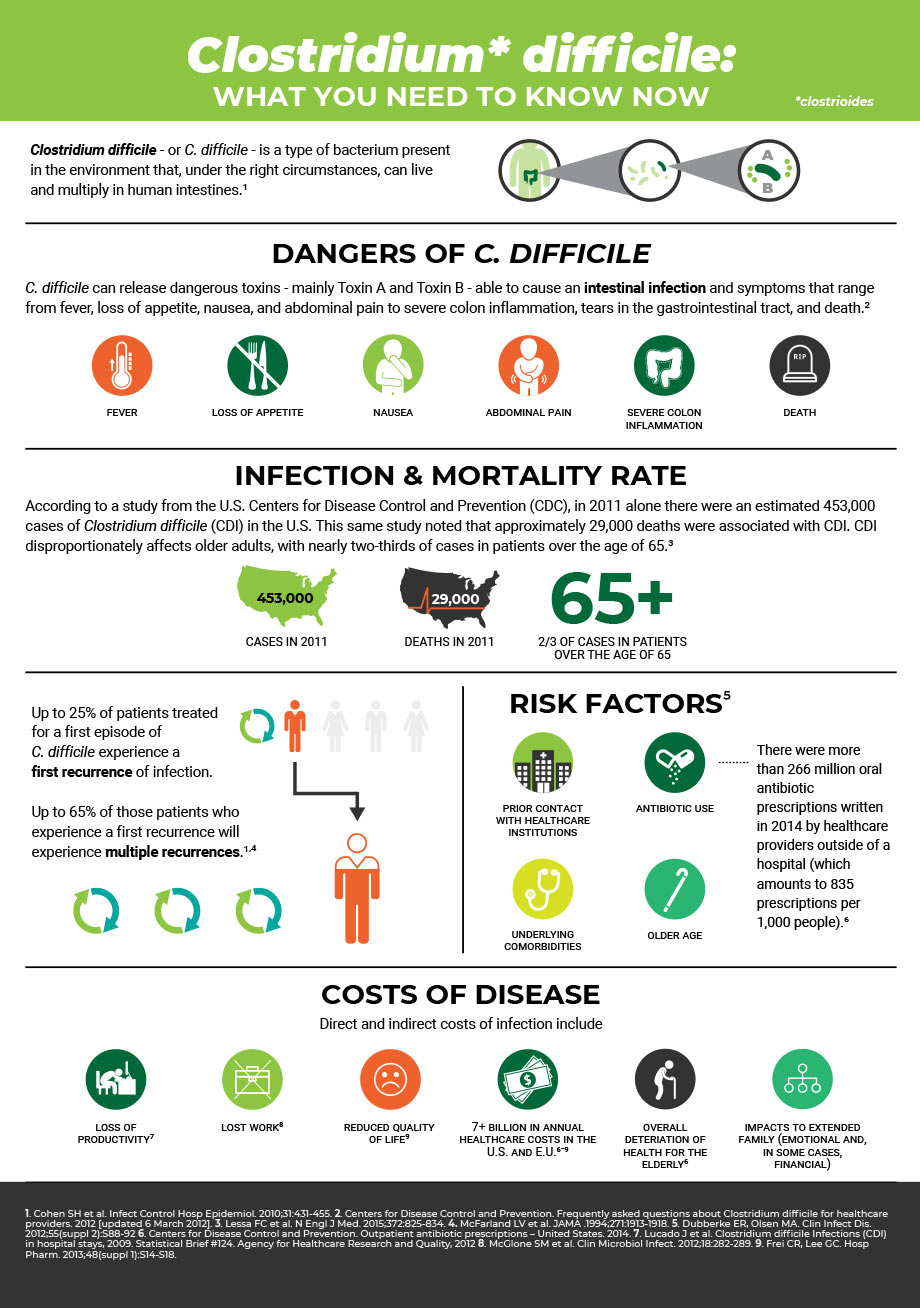To demonstrate the incredible work pursued by America’s biopharmaceutical researchers, we’re sharing the story of Dr. Michael Pride, a Pfizer scientist who is working on preventative vaccines for the bacterium Clostridium difficile (C. difficile).


Michael Pride
Daily Discoveries
With an academic background in immunology, including a Ph.D. in experimental pathology, Dr. Michael Pride found himself destined to join the biopharmaceutical industry and continue work on vaccines. Drawn to the infrastructure of a large company, he joined Pfizer after his postdoctoral work at the MD Anderson Cancer Center in Texas, and he has since been with the company for more than two decades. “Really, the one true way to have a global impact on health is to join a company or an organization that is dedicated to the challenge of improving public health through science,” he says.
Today, Dr. Pride leads a team of scientists responsible for the development, qualification and validation of various assays that support Pfizer’s vaccine programs.
Research Snapshot
C. difficile is a common bacterium that exists in soil, water and air. While it resides in many people’s intestinal systems, it is usually kept in check by other healthy gut bacteria. However, in older patients with weakened immune systems, or in patients who have in the majority of cases recently completed a course of antibiotics that destroyed the healthy bacteria, C. difficile can run rampant. The resulting complications can range from mildly uncomfortable to life-threatening. Each year in the United States, approximately half a million people contract a C. difficile infection, and, infections have often become more frequent, severe and difficult to treat.
Dr. Pride and his team are working on vaccines that can potentially prevent an infection from occurring in the first place.
The Driving Force
Dr. Pride, who experienced the loss of a neighbor and close family member as a result of a C. difficile infection, says he is motivated to find better ways to prevent the disease.
Challenges, Chance and Looking Forward
Historically, a difficult diagnosis process has posed challenges to treatment for C. difficile infections, as detection is not straightforward. Dr. Pride and his team are working to tackle this issue by developing better ways to diagnose this infection, which will aid efforts to develop a vaccine. Additionally, he is encouraged by recent work that has demonstrated how an antibody can help prevent recurrent diseases, offering insight that an antibody-mediated response, raised by vaccines, may be a way to help reduce a primary episode of a C. difficile infection.
“If our vaccine is successful, we could help have a great impact on global health, reducing morbidity and even mortality worldwide,” he says. “I’m confident in our team, who is working tirelessly so that hopefully no one must suffer from these horrible symptoms again.”

Ready to Get Involved?
Make your voice heard to protect innovation.